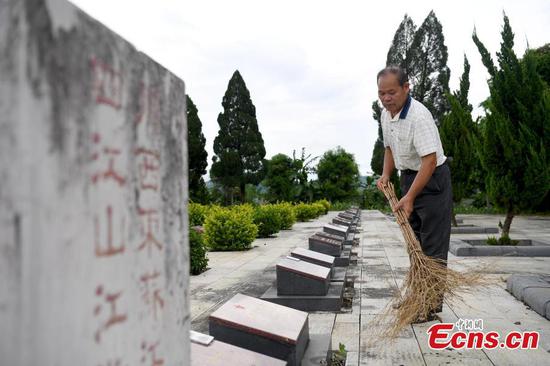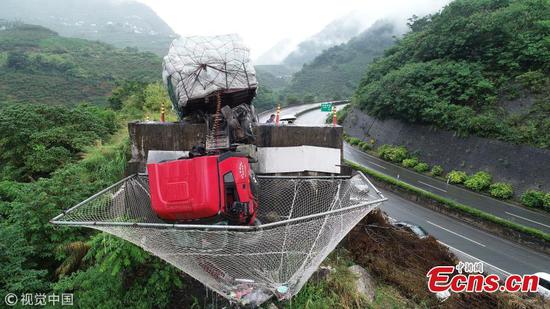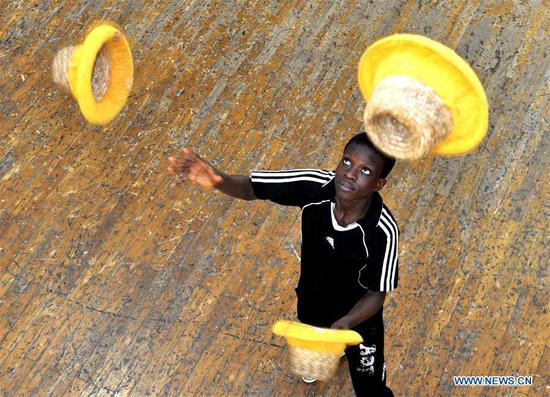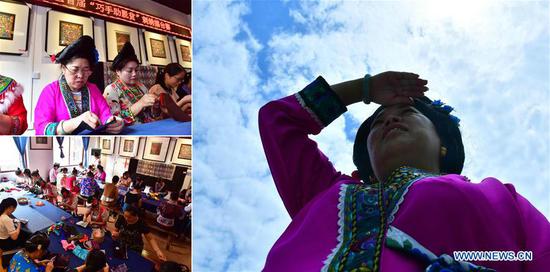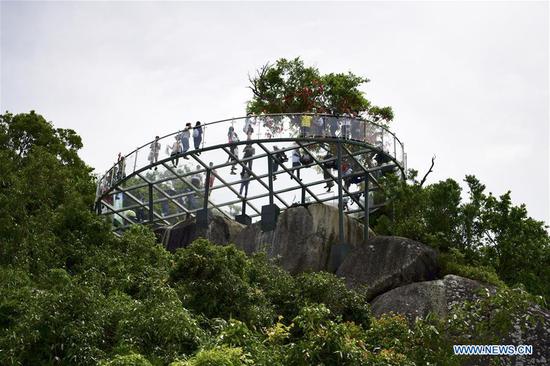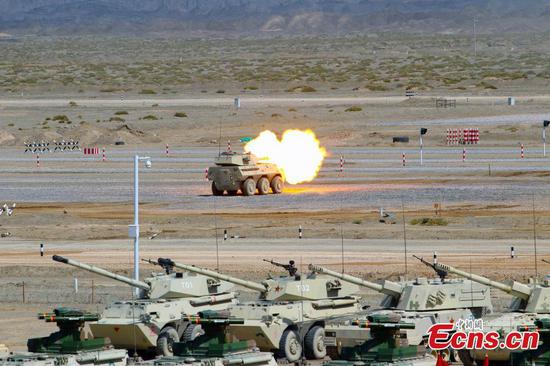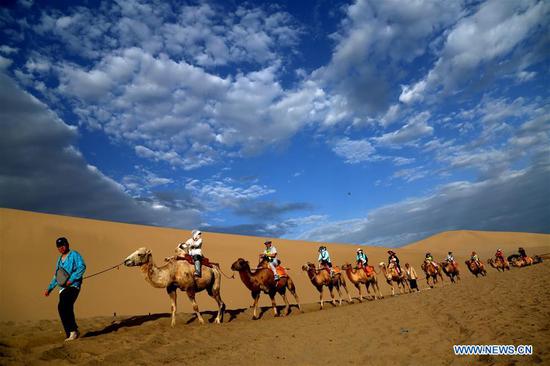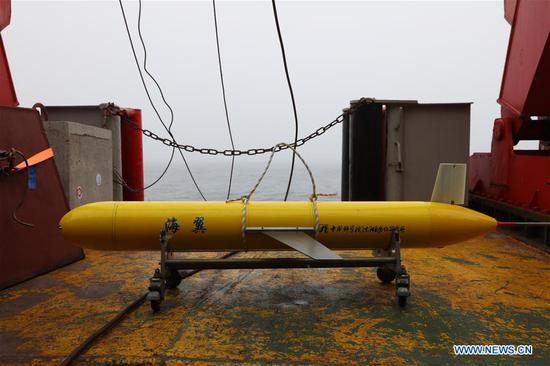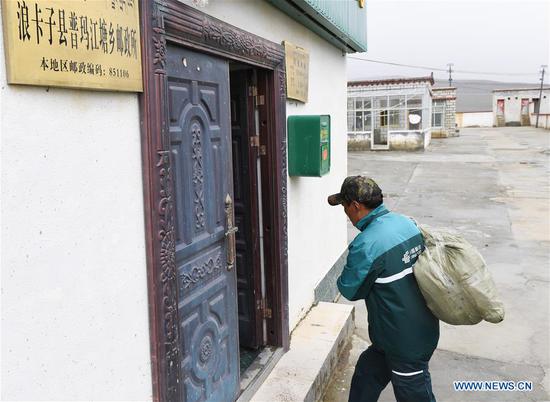Work for the young
Young people are a key factor in such planning, with a series of programs being implemented to keep young talent at home as well as to draw fresh talent from elsewhere.
Prospects appear bright for young people in the area. The opening of the bridge and express rail link will provide additional potential, allowing for greater workplace mobility.
Mandy Tam, a young entrepreneur from Hong Kong, along with her partners, has moved her unconventional aquaponics (a novel technique combining aquaculture and hydroponics) farming project to an agricultural innovation center in Jiangmen, on the west side of the Bay Area. "After failing to find the right place in Hong Kong, we decided to try our luck on the mainland with so many available land resources," Tam said.
The partners were rewarded with a 400-square-meter plot of land, rent free, and a startup fund of 50,000 yuan. These would not have been available in Hong Kong. Their success proved an inspiration for 15 other Hong Kong and Macao startups, which had been drawn to Jiangmen by last year.
The Bay Area holds promise for established businesses. Steven Lam Hoi-yuen is one example. The co-founder and chief executive of GOGOVAN, a company in Hong Kong offering an app-based platform for van hire services in Asia, joined a Hong Kong youth delegation and visited mainland cities late in June.
He said the Greater Bay Area development plan has presented a wide opening for Hong Kong's young people, and he suggested young people be more open-minded about embracing China's developing economic power and flex their muscles in the Bay Area.
Leung Chun-ying, vice-chairman of the National Committee of the Chinese People's Political Consultative Conference and former chief executive of Hong Kong, also sees greater opportunities.
"People will soon be able to visit the mainland daily within an hour," he said. "Talent in Hong Kong, for instance, can pursue careers on the mainland without having to give up their homes in Hong Kong and live on the mainland."














